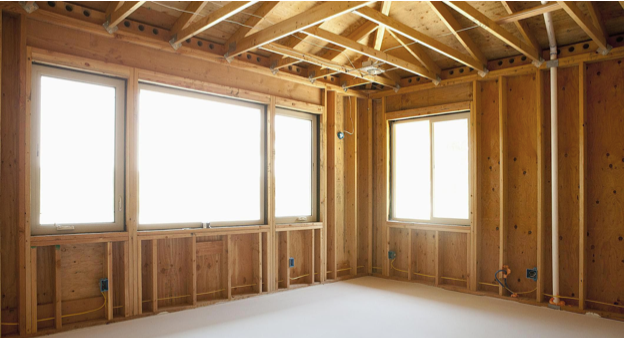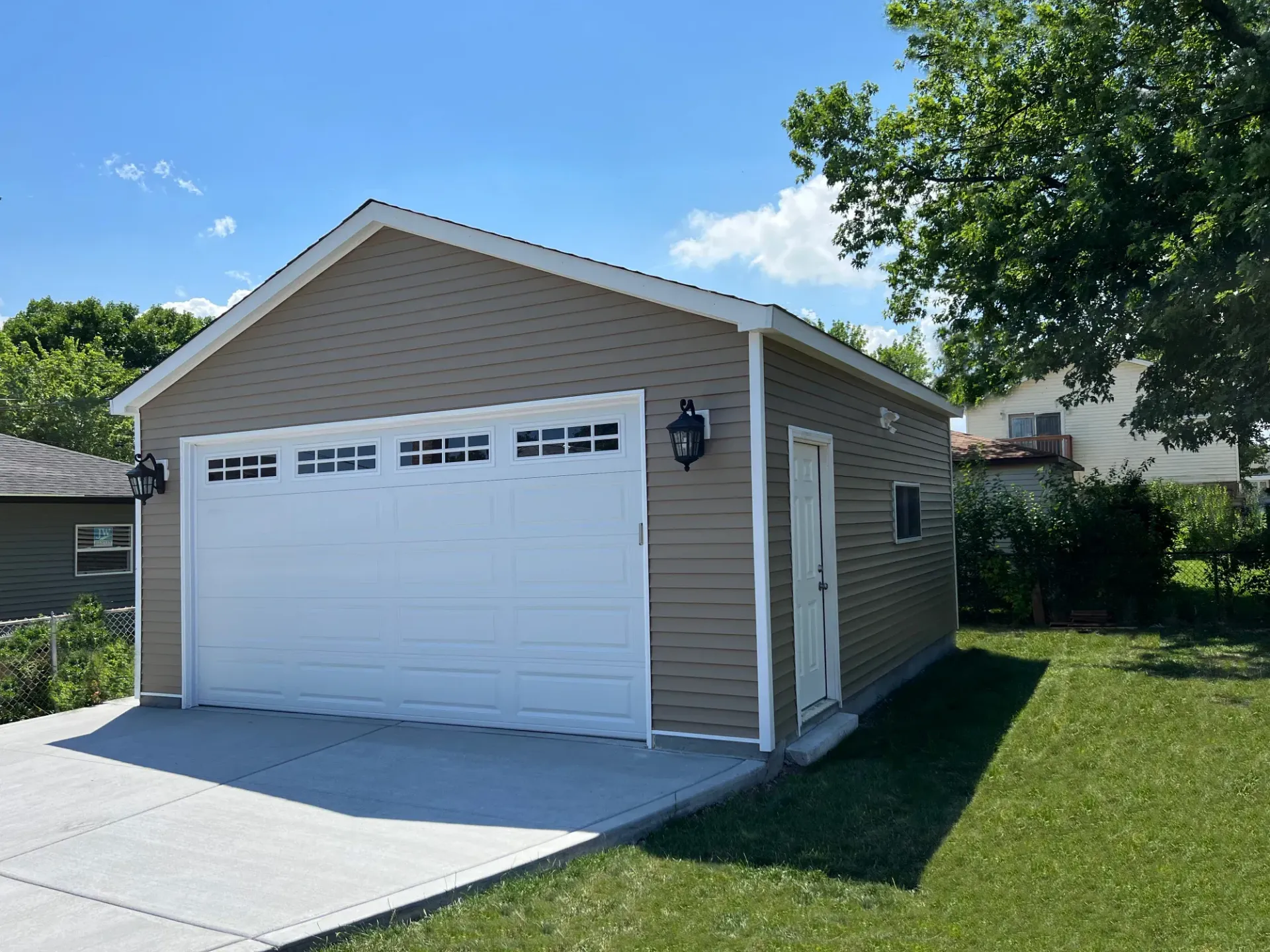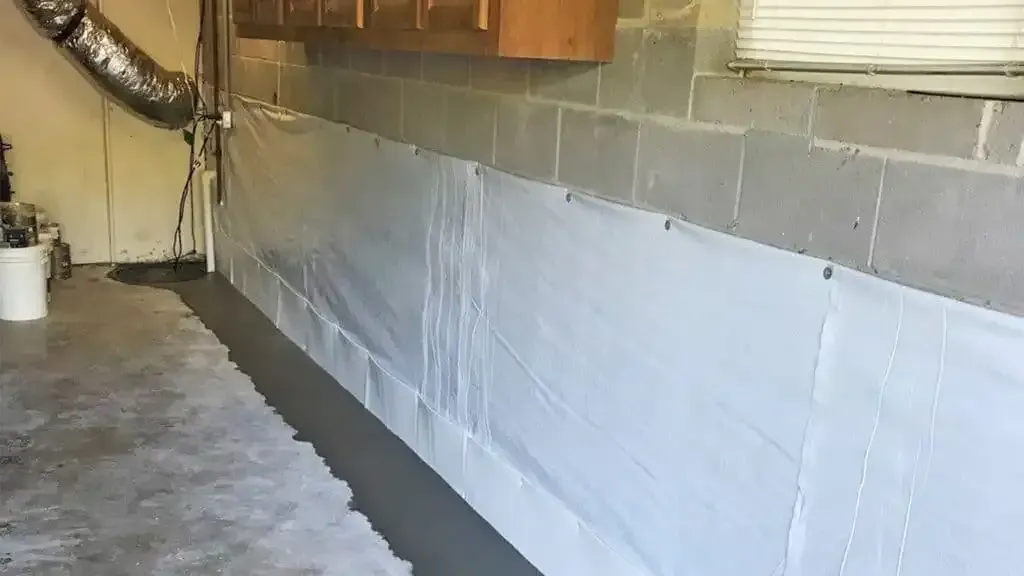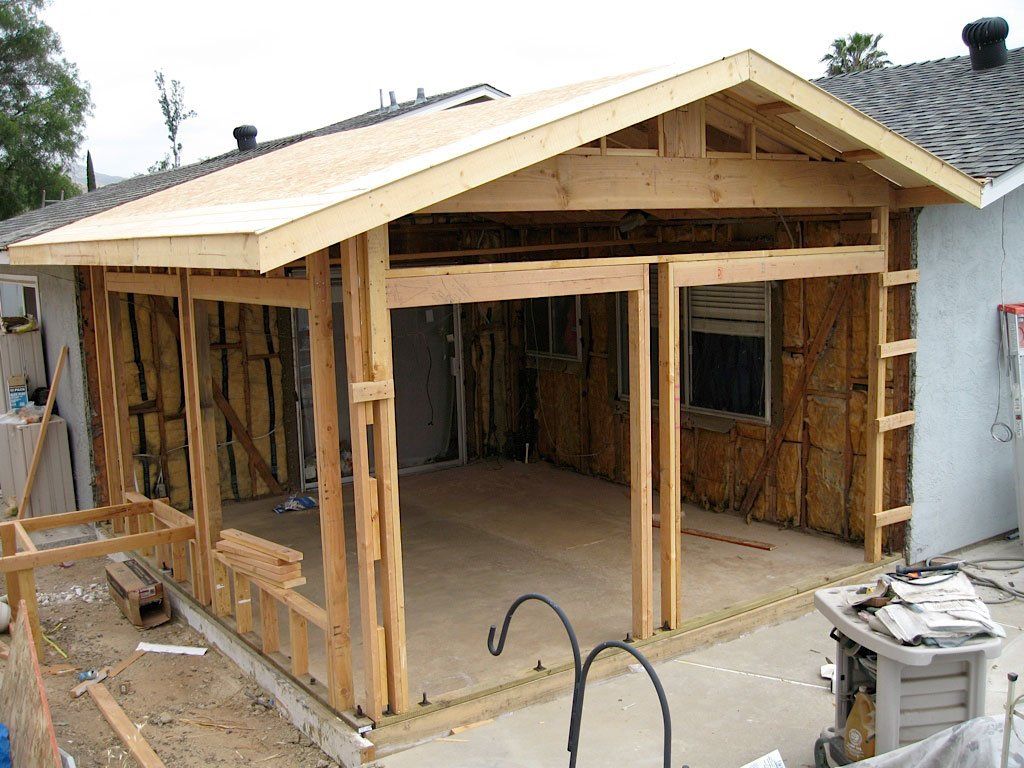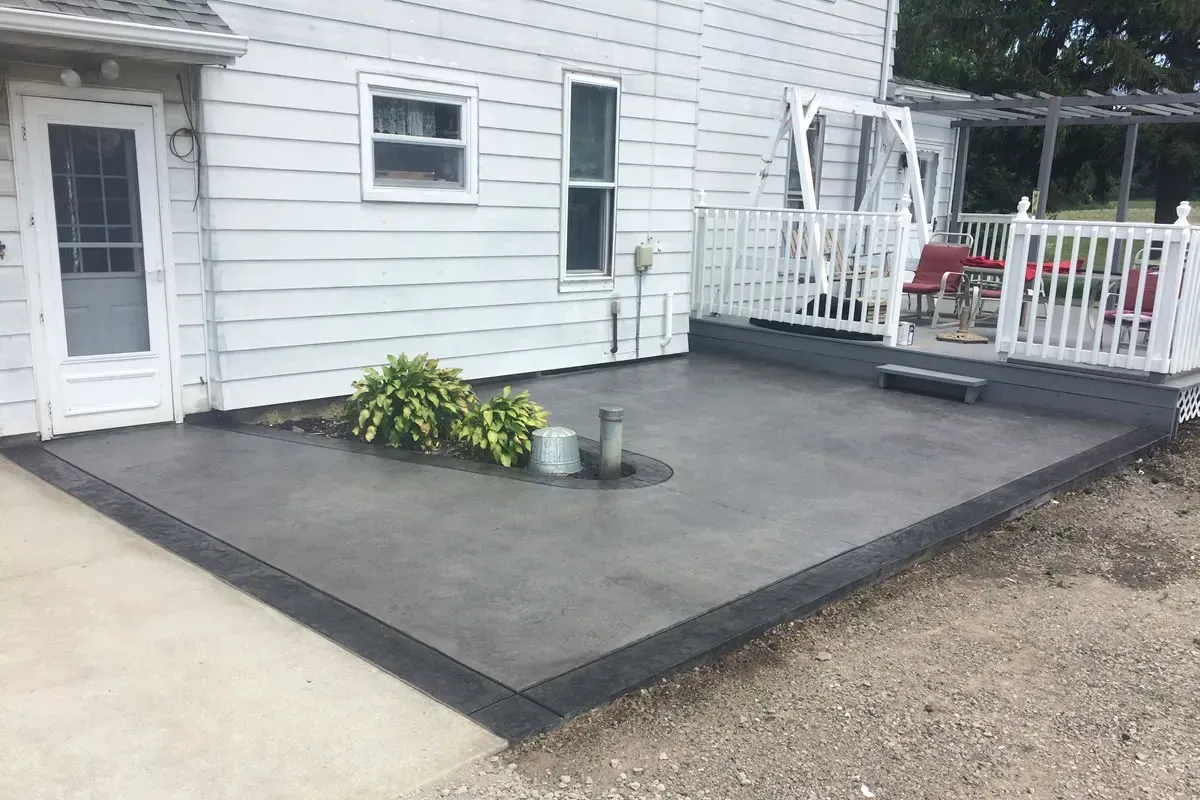Preparing Your Septic System for Harsh New England Winters
Preparing your septic system for New England's brutal winters requires immediate action before temperatures drop below freezing. The most critical steps include pumping your tank, insulating exposed pipes, checking your drain field, and ensuring proper bacterial levels. Rhode Island homeowners face unique challenges with coastal freeze-thaw cycles that can damage unprepared septic systems within days.
Why New England Winters Are Especially Hard on Septic Systems
New England's harsh winter conditions create the perfect storm for septic system failures. Rhode Island experiences average winter temperatures between 20-35°F, with frequent freeze-thaw cycles that can crack pipes and damage system components. The combination of frozen ground, heavy snow loads, and extended cold periods puts enormous stress on septic systems throughout Connecticut, Massachusetts, Vermont, New Hampshire, Maine, and Rhode Island.
Unlike warmer climates, New England septic systems must contend with frost penetration depths of 2-4 feet, depending on your specific location. In Rhode Island's coastal areas, salt air and temperature fluctuations add additional complications that require specialized winterization approaches.
The Ultimate New England Septic Winter Preparation Checklist
1. Professional Septic Tank Pumping (September-October)
Schedule your septic pumping before November to ensure optimal winter performance. A full or nearly full tank is more likely to freeze because there's less room for bacterial activity to generate heat. Rhode Island septic experts recommend pumping when your tank reaches 25-30% capacity rather than waiting for the typical 50% threshold before winter.
Why timing matters in New England: Cold temperatures slow bacterial decomposition, meaning waste accumulates faster during winter months. A properly pumped system before winter can prevent costly emergency calls during Rhode Island's harshest weather.
2. Insulate Exposed Components
New England's deep frost requires comprehensive insulation of all exposed septic components:
- Tank lids and risers: Apply 12+ inches of mulch, leaves, or straw over tank components
- Distribution boxes: Cover with insulating materials and mark locations for spring access
- Pipes near the surface: Wrap exposed pipes with foam insulation rated for outdoor use
- Pump chambers: Ensure adequate insulation around electrical components
Rhode Island-specific tip: Coastal properties should use moisture-resistant insulation materials due to higher humidity levels from ocean proximity.
3. Drain Field Protection and Maintenance
Your leach field is particularly vulnerable to New England frost damage. Protect this critical component by:
- Avoiding heavy snow removal equipment over the drain field area
- Never parking vehicles or storing heavy items on the leach field during winter
- Ensuring proper grade and drainage to prevent surface water pooling and ice formation
- Checking for and repairing any settling or erosion issues before ground freeze
New England weather consideration: Rhode Island's frequent freeze-thaw cycles can cause soil expansion and contraction, potentially damaging drain field pipes.
4. Bacterial Health Optimization
Cold New England temperatures significantly slow septic bacteria activity. Support your system's biological processes by:
- Adding septic-safe bacterial additives in late fall
- Avoiding antibacterial cleaning products that kill beneficial bacteria
- Maintaining consistent water usage to keep bacteria active
- Never using septic additives containing harsh chemicals
Critical Winter Usage Guidelines for New England Homes
Water Conservation During Cold Months
New England homes typically use more hot water during winter, which can stress septic systems. Implement these water-saving strategies:
- Spread laundry loads throughout the week rather than doing multiple loads in one day
- Fix leaky faucets and running toilets before winter weather makes repairs difficult
- Install low-flow fixtures to reduce overall water usage
- Take shorter showers to reduce the volume of hot water entering your system
What Never to Flush in New England Winters
Cold temperatures make septic systems less forgiving of inappropriate waste. Never flush:
- Cat litter (even "flushable" types)
- Feminine hygiene products
- Medications or chemicals
- Cooking grease or oils
- Paper towels or "flushable" wipes
- Hair from brushing pets (common during shedding season)
Emergency Prevention: Avoiding Costly Winter Septic Failures
Recognize Early Warning Signs
Rhode Island homeowners should watch for these winter septic problems:
- Slow drainage in sinks, tubs, or toilets
- Gurgling sounds from drains
- Sewage odors inside or outside your home
- Wet spots or standing water near your septic tank or drain field
- Unusually green grass over your septic area during winter
Keep Systems Active During Extended Cold Periods
New England's prolonged cold snaps require special attention:
- Use water regularly to keep bacteria active and prevent freezing
- Avoid extended vacations without arranging for regular water usage
- Consider having neighbors run water if you'll be away during cold periods
- Never shut off heat completely if your septic components are near your home's foundation
Rhode Island-Specific Septic Winter Considerations
Dealing with Coastal Salt Air
Rhode Island's coastal location creates unique challenges for septic systems. Salt air accelerates corrosion of metal components and can affect soil chemistry around drain fields. Coastal homeowners should:
- Inspect and replace metal septic components more frequently
- Consider upgrading to corrosion-resistant materials
- Monitor soil pH levels around drain fields
- Ensure proper ventilation to prevent salt buildup in enclosed spaces
Newport County vs. Inland Rhode Island Differences
Coastal areas (Newport, Bristol, Washington Counties): Experience more moderate temperatures but higher humidity and salt exposure. Focus on corrosion prevention and moisture management.
Inland areas (Providence, Kent Counties): Face colder temperatures and deeper frost penetration. Prioritize insulation and freeze protection measures.
Professional Maintenance: When to Call Rhode Island Septic Experts
Pre-Winter Professional Services
Schedule these professional services before Rhode Island's winter weather arrives:
- Comprehensive system inspection to identify potential problems
- Pumping and cleaning to optimize winter performance
- Component replacement of worn parts before they fail in cold weather
- Drain field assessment to ensure proper drainage and prevent freezing issues
Emergency Service Planning
Establish relationships with reliable Rhode Island septic service providers before you need emergency help. Winter septic failures require immediate attention and local contractors familiar with New England conditions provide faster, more effective solutions.
Long-Term Investment: Upgrading Your System for New England Weather
Modern Septic Technologies for Harsh Climates
Consider upgrading to septic systems designed for New England's challenging conditions:
- Advanced treatment units that function better in cold temperatures
- Pressure distribution systems that prevent freezing in drain fields
- Insulated tank covers designed for extreme weather protection
- Alarm systems that alert you to problems before they become emergencies
Cost-Benefit Analysis of Winter Preparation
Investing in proper winter preparation saves Rhode Island homeowners thousands in emergency repairs. A typical winter septic failure can cost $3,000-$8,000 to repair, while comprehensive winter preparation costs $200-$500 annually.
Spring Recovery: Post-Winter Septic System Care
Essential Spring Maintenance Tasks
After surviving another New England winter, your septic system needs attention:
- Remove insulating materials once frost danger passes
- Inspect all components for winter damage
- Check for settling or movement in tank and drain field areas
- Test bacterial levels and add supplements if necessary
- Schedule professional inspection to assess winter wear
Planning for Next Year
Use spring as planning time for next winter's preparation. Document what worked well and what needs improvement. Rhode Island's unpredictable weather patterns make thorough preparation essential every year.
Frequently Asked Questions About New England Septic Winter Preparation
Q: How cold is too cold for my Rhode Island septic system? A: Most septic systems begin experiencing problems when ground temperatures drop below 32°F for extended periods. Rhode Island typically sees these conditions from December through February.
Q: Can I use antifreeze in my septic system? A: Never use antifreeze in septic systems. It kills beneficial bacteria and can contaminate groundwater. Proper insulation and usage patterns prevent freezing naturally.
Q: What's the best insulation material for New England septic systems? A: Natural materials like straw, leaves, and mulch work best because they're biodegradable and provide excellent insulation. Avoid plastic tarps that can trap moisture.
Q: How often should I pump my septic tank in New England? A: New England homes typically need pumping every 2-3 years, but before winter, pump when the tank reaches 25-30% capacity rather than the usual 50%.
Q: What should I do if my septic system freezes? A: Contact a professional immediately. Never attempt to thaw frozen septic components yourself, as this can cause serious damage or create health hazards.
Need professional help preparing your Rhode Island septic system for winter?
Rockhouse Construction offers comprehensive septic winterization services throughout Rhode Island. Our experienced team understands the unique challenges of New England winters and can ensure your system is properly prepared. From pumping and inspection to emergency repairs, we provide reliable septic services year-round.
Contact us today to schedule your pre-winter septic system preparation and protect your investment through the harsh months ahead.



